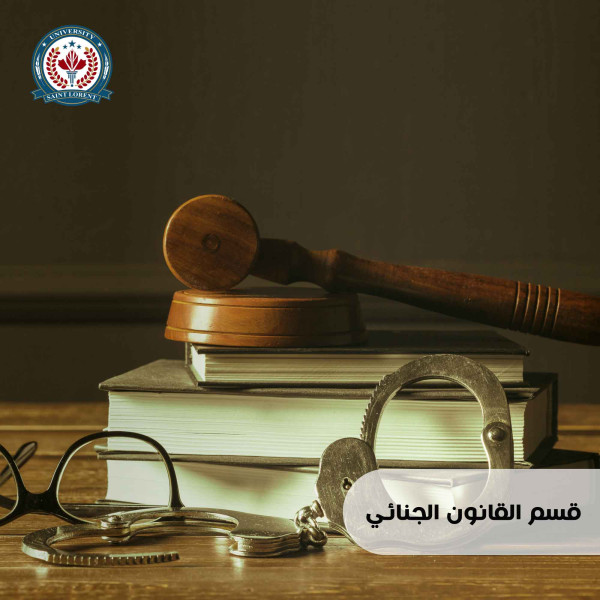Criminal Law Law / Criminal Law

Law students
Lawyers and lawyers
judges
Investigators and the police
Forensic experts
Criminal law deals with several aspects related to crimes and penalties. Here are some areas of interest in criminal law:
Definition of crime: Criminal law is concerned with defining, classifying and defining what is considered a crime. This includes identifying actions or behaviors that are legal offenses, such as murder, theft, fraud, threats, and more.
Penalties: Criminal law is concerned with determining the penalties that are imposed on individuals who commit crimes. Criminal penalties include imprisonment, monetary fines, and other penalties that are imposed based on a specific crime.
Criminal Responsibility: Criminal law is concerned with defining the concept of criminal responsibility, which is a principle that states that individuals are criminally responsible for their actions that are legal crimes. There must be legitimate intent or negligence to establish criminal liability.
Criminal justice procedures: Criminal law is concerned with regulating investigation and trial procedures for criminal offences. This includes the rights of the accused, interrogation procedures, evidence collection, trial and sentencing processes.
Conditions and Restrictions: Criminal law is concerned with determining the conditions and restrictions that must be met to prove the commission of a crime and the application of punishment. This includes legal concepts such as intent and negligence and the defendants' possible legal defenses.
Private Offenses: Criminal law can also be concerned with the special offenses that comprise international criminal law, such as crimes against humanity and war crimes.
Principles of criminal law
crime elements
Crime penalties
Criminal justice procedures
rights of the accused
specific crimes
